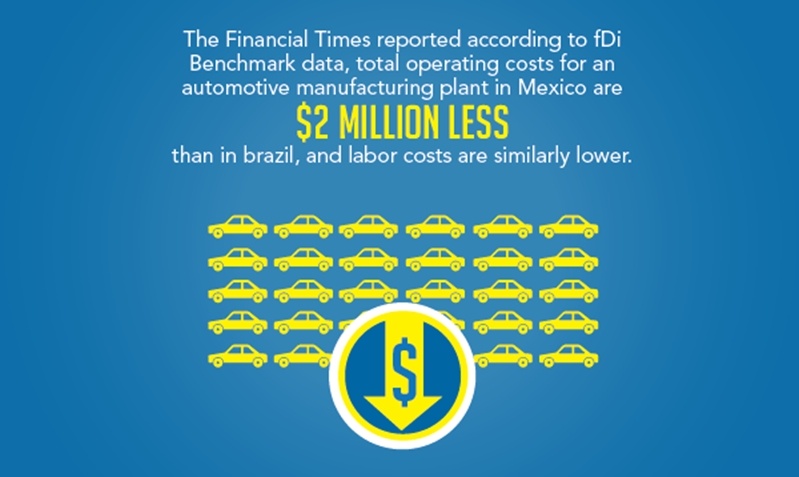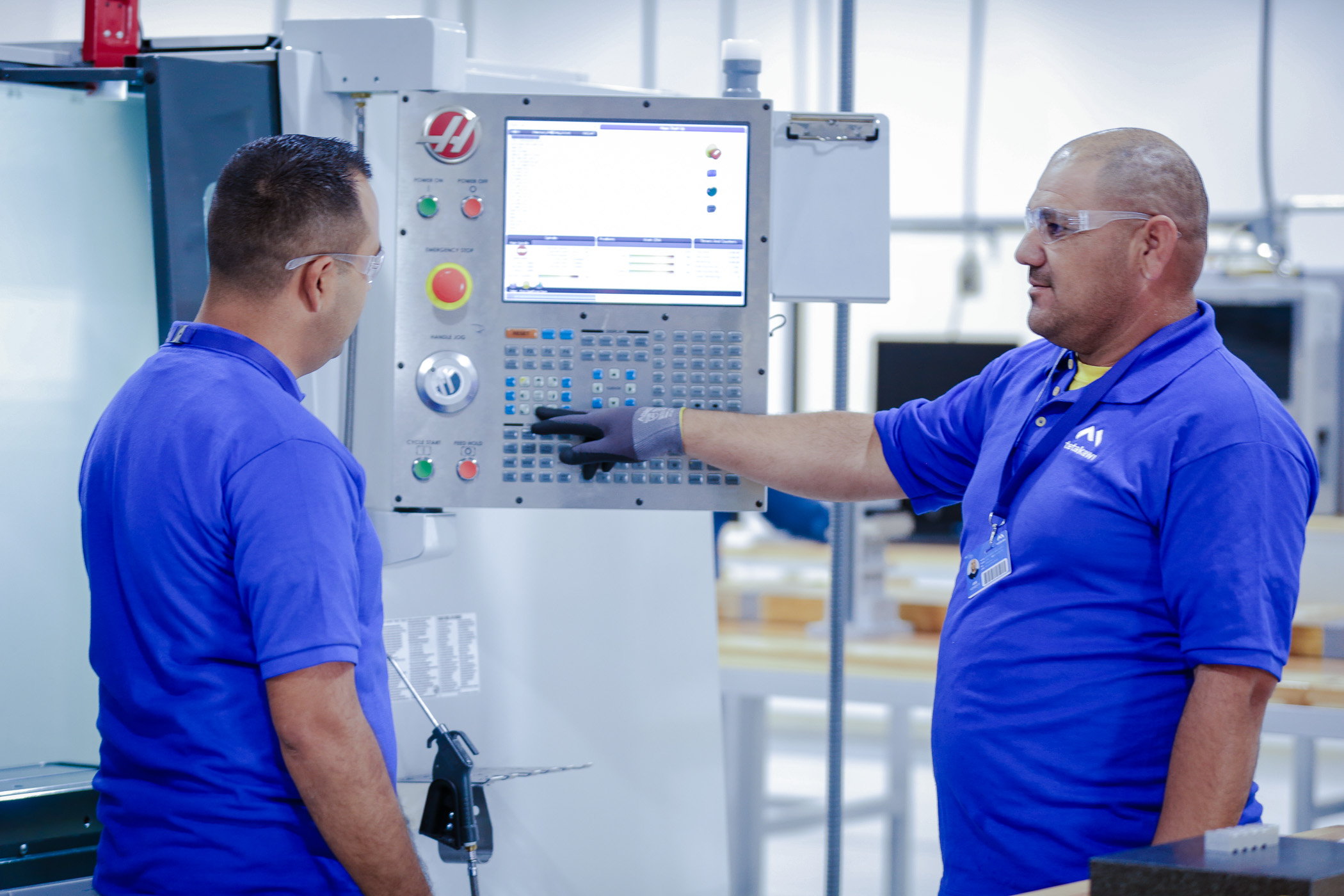Mexico and Brazil were listed among the top 20 host economies for foreign direct investment in the United Nations 2015 World Investment Report. Additionally, the report listed Chile and Colombia as the only other Latin American countries attracting a high level of foreign investment. Many businesses will look to foreign investment when considering the offshoring advantages of different locations throughout North America, and while Brazil has historically led the way in economic health, FDI has declined in recent years.
The Financial Times cited an fDi Markets report that found Mexico attracted 366 greenfield investment projects totaling an estimated $33 billion in 2014, compared to only 322 investment projects in Brazil totaling $18 billion. While the two countries certainly dominate foreign investment in the region, investors are ultimately choosing Mexico to start new projects, build new facilities and create long-term jobs for the country's citizens.
Brazil's economy on the decline
One of the primary reasons investors are choosing Mexico over Brazil is the steady decline in Brazil's economy. Since 2010, economic growth has diminished in the country, and Pew Research reported public assessment of the country's economic health has fallen by 27 percentage points between 2013 and 2014. Today, only 13 percent of constituents surveyed by Pew Research said economic conditions were good in the country.
 Manufacturing and labor costs in Mexico make the country more appealing to investors.
Manufacturing and labor costs in Mexico make the country more appealing to investors.On the contrary, Mexico's economy has continued to grow, largely due to its booming manufacturing sector. In fact, the fDi Benchmark data also revealed that total operating costs for an automotive manufacturing plant in Mexico are $2 million less than in Brazil, and labor costs are similarly lower. Mexico's thriving manufacturing climate appeals to FDI and will contribute to the country's long-term economic growth.
Mexico's access to high-demand markets
Mexico's close proximity to the U.S., as well as its participation in NAFTA, serve as assurances that investment in the country will be lucrative. Open trade with the U.S. gives investors from Asia and Europe the opportunity to streamline their supply chains and leverage lower export costs. Additionally, manufacturing in Mexico, among other industries, benefits from the speed to market the country provides due to its location. Brazil, on the other hand, lacks the benefit of proximity and had far fewer free trade agreements to offer foreign investors.
Political corruption
Political corruption is another important factor that influences investor confidence. Brazil's current state of political corruption, particularly Operation Car Wash - a scandal in which the country's state-controlled oil company used a car wash location as a money-laundering site - has had a negative impact on the perceptions from foreign investors. As noted by the New York Law Journal, Operation Car Wash has threatened to tip Brazil into a recession.
While Mexico certainly has its fair share of corruption issues, increased foreign investment and the trend of manufacturers expanding to Mexico have sparked a diligent anti-corruption movement in the country. In an interview with The Wall Street Journal, Fernando Cevallos, leader of Control Risks' compliance, intelligence, investigations and technology team for Mexico, explained that the country's new anti-corruption bill would create greater transparency and ease the concerns of potential investors to the country.
Subscribe
Sign up and stay informed with tips, updates, and best practices for manufacturing in Mexico.





